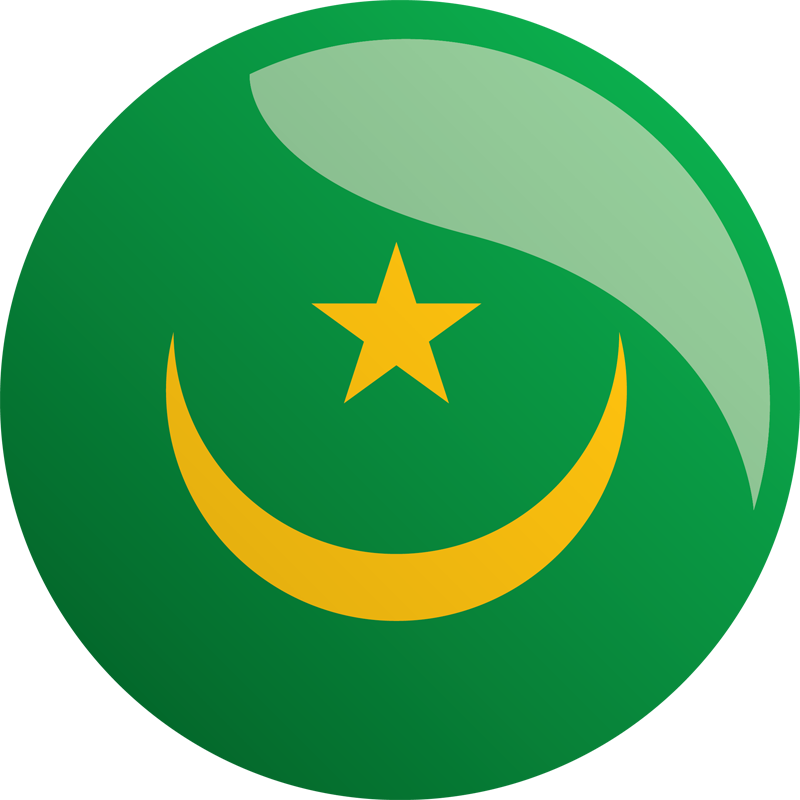MCC’s Board voted to terminate this program in August 2025.
Financials
Financials as of June 30, 2025
Program Budget
Milestones
-
Signed:
January 7, 2025 -
Terminated:
December 18, 2025
Program Projects
-
$11,850,000
Project Total Amount -
$0
Project Amount Committed -
$0
Project Amount Expended
The Mauritania Energy Sector Project (MESP) aims to support the Government of the Islamic Republic of Mauritania to improve the capacity of the Ministry of Energy and Petroleum, electricity regulator, and the electricity utility to engage in power sector planning, grid operations, and electricity regulation, responding to the root cause of the high cost, unreliable, and uneven access of electricity.
-
$10,000,000
Project Total Amount -
$0
Project Amount Committed -
$0
Project Amount Expended
The Mauritania Resilience Project aims to improve the capacity of the Government of Mauritania to develop fundable, resilient projects and incorporate social impact into the environmental impact assessment process.


